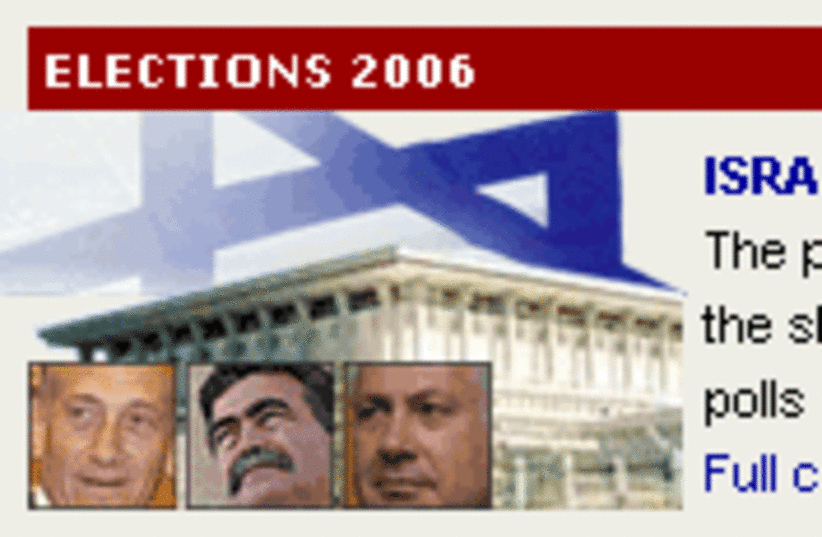| JPOST.COM HIT LIST | |
| JPost.com's most popular articles this past week |
Green Leaf to negotiate with Hamas
Number two in far-left party list will negotiate "with no preconditions."


| JPOST.COM HIT LIST | |
| JPost.com's most popular articles this past week |